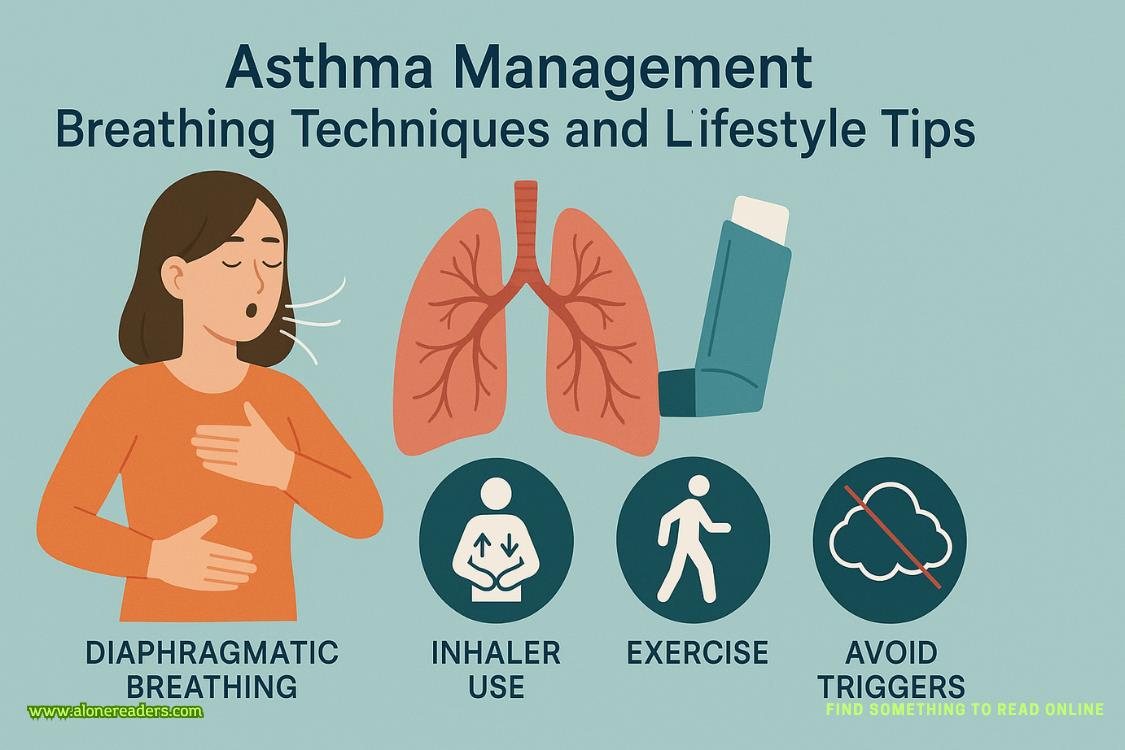Page 11 of Everything Under the Sun
“No, I don’t mean the Big Cities,” I said, trying to ease her. “Just someplace bigger and better than this place. There has to be something out there, there have to be good people left in the world.”
“There are,” Sosie said, and a small smile lit up her powder-white face. “There are two sisters sitting in a cave deep in the Kentucky woods. One of them is good, but the other one is good and beautiful and the strongest person the other has ever known.”
I felt my face flush with heat, and I smiled, and I hated every mean thing I’d ever said to my sister when we were growing up.
I kissed Sosie on the cheek. “You are the beautiful one,” I said. “You stink right now and you look like a madwoman with that wild hair and dirt across your face, but you’re still the beautiful one.”
Sosie laughed lightly, then she laid back down on the ground, wedging her flattened hand between her cheek and the dirt again. “It’s easy for you to say that because I can’t see myself,” she quipped. “I’ll never know if you’re only saying it just to make me feel better.”
But Sosie was beautiful, had a childishly round face like a cherub, with big doll-like eyes and full lips. And she was tall and slender, had an enchanting smile—Sosie was the most beautiful girl I had ever seen.
Before the night fell, Sosie gave in and ate the worms, and a small lizard I had caught skittering along the rock incline. It wasn’t big enough to split between us, so I lied and told her I’d caught two, cooked them and only pretended to be eating a lizard when I was eating earthworms.
I slept much better, almost through the night, but was so hungry when I woke up the next morning I knew it was time to risk going to the lake to fish.
“But you don’t have a pole,” Sosie argued. “I don’t want you going out there anyway. It’s dangerous. And it could take hours just to catch one fish. It’s not worth it.”
“I’ll just set out a line from the bank,” I explained. I took the sun-bleached soda can from the bag, pressed my thumb and index finger around the tab, and then twisted it right off. “Daddy taught me how to make a hook, remember?” I flipped the blade from my father’s pocketknife and fashioned the tab into a makeshift hook. “I’ll tie it to something and toss it out and come back. After a couple hours, I’ll sneak back out to check the line.”
BOOM!
The gunshot stripped the rest of the words from my mouth. We looked at each other in a panic. I dropped the knife and the hook and grabbed Sosie’s hand, dragged her back into the cave where we sat against the wall, shaking next to one another. I could hear only Sosie’s heavy breathing, and the furious beating of my own heart pounding in my ears, until another gunshot rang out and drowned it.
“That one was closer,” Sosie whispered through a tear-choked throat.
I grabbed Sosie’s hand and squeezed.
We didn’t move or speak for what felt like an eternity. I couldn’t think of anything other than who’d made those gunshots and from which direction they’d come. Three hours of silence became four hours of only adjusting our positions on the cave floor. Five hours later we were finally talking again, but any sense of safety we had acquired over the days in the cave since we’d fled home, was gone.
“We’re going to find a safe place,” I promised, but I didn’t believe it so much myself anymore. “Tomorrow we leave here and we’re going to find the next town. Daddy said there was another safe town about a day’s walk.”
“B-But y-you don’t know where it is?” Sosie cried into my blouse; I brushed the palm of my hand over the back of her snowy, matted hair.
“I know it’s southeast,” I answered, “but I…”
Sosie looked up, hopeful and hopelessly at the same time.
“You what?”
I don’t know which way is southeast; I don’t have a compass. I couldn’t bring myself to say it out loud.
“I remember now,” I lied again, and patted Sosie’s head once more. “Don’t worry; by this time tomorrow we’ll nearly be at the other town.”
Sosie fell asleep. As usual, my mind kept me awake, whirling with worst-case-scenarios. Strong? Positive? Hope? I kept telling myself I needed these things, that I was the one in control of my own destiny. But I was afraid. Because I knew in my heart that worst-case-scenarios were all we had left. And so as I lay next to my sister, watching her sleep, I surrendered to weakness, negativity, and despair, instead. I accepted that we would die, and that the manner in which we would die probably would not be quick or painless. As the tears streamed down my face, as I brushed my sister’s dirty cotton hair from hers, as I felt the last shred of hope fade from my heart, I accepted our fate. I accepted that we were the only two good people left in the world, that there were no safe cities, and no one out there who would ever save us from what the world had become.
5
ATTICUS
Lexington, Kentucky | Capital East-Central Territory
The studio-size room overlooking the city of Lexington fell silent as Overlord William Wolf III slammed his fist down on the massive wooden table. He hadn’t said three sentences in the five minutes the debate had been raging among the other men in the room, who lived in this city under his iron thumb, like the other four thousand eight hundred and forty-one souls. His rough-edged face made him always appear as though he were angry; the dog tags he wore around his neck he stole from a soldier he’d killed when seizing Lexington four years ago. He had been respected and feared since that day by almost everyone—except for me. I stood quietly in the room, wanting nothing more than to feel my hands around the bastard’s throat.
Wolf stood from the table, tall and ominous, his massive hands pressed against the wood. Underneath hooded eyes he looked at the men all sitting and standing around the table staring back at him. The room smelled thickly of cigars and cigarettes and corruption. He shut his eyes for a moment and inhaled deeply as if the burden of the whole world was on his shoulders and he had little patience for it. He walked to one window then, crossed his arms over his chest and looked out over the city he ruled.
“I want control of Cincinnati before the month is over,” he said with his back to his men, some of which were his best men, out of the two thousand-strong-and-growing army he controlled.
Wolf was only one of many tyrant leaders spread out all over New America, Southern Ontario and Southern Alberta, who vied daily for power in the New World. The majority of the rest of the dwindled population followed: desperate and weak, needing a leader to look up to and fight for. Some leaders were like the David Koreshes and the Jim Joneses: deranged madmen who, like their setups, were as fragile as a grenade with a loose pin. But Wolf was different, the most dangerous kind: an intelligent man who knew how to rule and how to rule well; a tyrant, a fascist, an opportunist, the kind of leader who rises to power and then destroys all who helped put him there. How in the hell was I the only man in the room seeing this?
- One Night Only by Tara Pammi
- Sofa King Wanted by Alexa Riley
- Beloved Beauty by Georgia Cates
- Gunner by Winter Sloane
- Sofa King Safe by Alexa Riley
- Eat Slay Love by Kenya Wright
- Forever C*cky by Skye Turner
- Property of Woods by Glenna Maynard
- Desperate Temptations by B. Sobjakken
- Wicked by Dani Da Silva
- Sex, Lies, and Margarita Mixes by Skye Turner
- Heat Stroke by Skye Turner
- The Games We Play by Berlin Wick
- The Promises We Break by Berlin Wick
- Gorgeous Nightmare by Roza Lynne
- All I Want for Christmas by Nora Roberts







